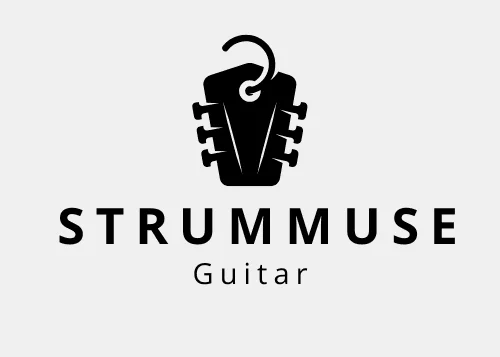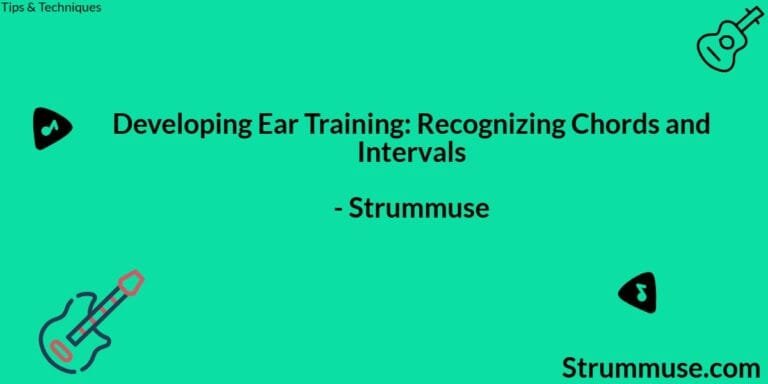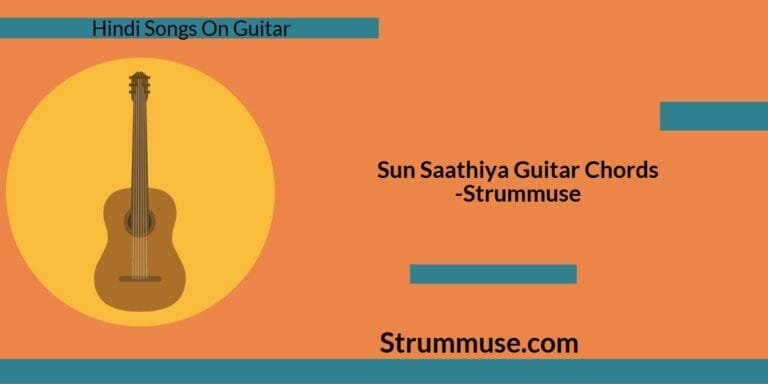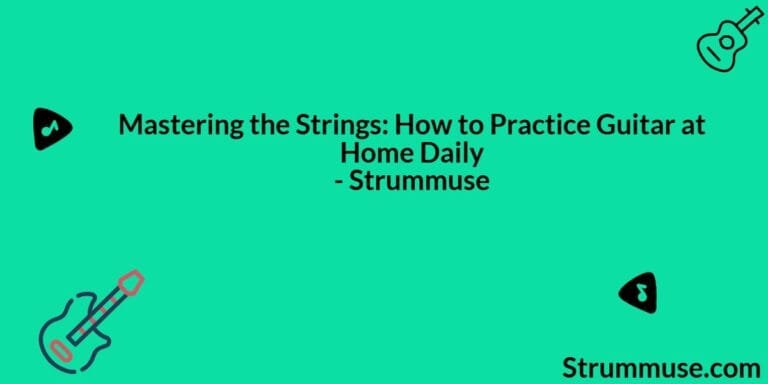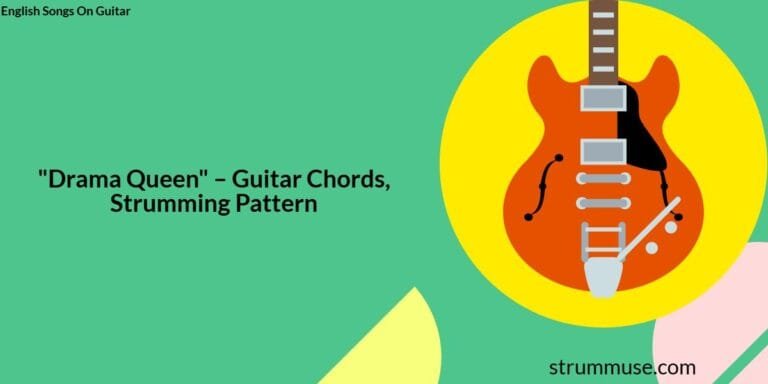Guitar Tricks to Learn to Play Guitar Like a Pro – The Complete Guide
Introduction: Your Guitar Journey Starts Here
So, you’ve picked up a guitar and are eager to learn to play guitar—that’s awesome! But let’s be honest: the early days can feel overwhelming. Chords don’t sound clean, your fingers hurt, and YouTube tutorials sometimes move too fast.
That’s where guitar tricks come in—not gimmicks, but clever, proven strategies that simplify learning and accelerate your growth. This post is for you if:
- You’re a beginner looking for direction.
- You’ve played on and off and want to get serious.
- You’re ready to unlock tricks that make guitar easier and more fun.
Let’s break it all down.
Why Learning Guitar Feels Hard (And How to Beat It)
Before diving into guitar tricks, it’s important to address the elephant in the room: frustration.
Common beginner pain points:
- Struggling with chord transitions
- Buzzing strings or muted notes
- Not remembering chords
- Rhythm feeling robotic
- Not knowing what or how to practice
Truth bomb: Most of these issues are normal. But the real trick is consistency and applying smart techniques that we’ll explore below.
15+ Guitar Tricks to Learn Guitar Faster and Smarter
1. Anchor Fingers When Changing Chords
When transitioning between chords, keep at least one finger in place if possible. For example, moving from G to D often lets your ring finger stay anchored on the B string.
This reduces movement, improves speed, and muscle memory kicks in faster.
Read:- How to Switch Chords Faster Without Looking – A Step-by-Step Guitarist’s Guide
2. Use the “Chord Ladder” to Build Memory
Don’t just memorize chord shapes—connect them. Practice shifting from C → G → D → Em → Am → F and back. Repetition helps lock in the shapes and movements.
Read:- How to Build Muscle Memory for Guitar Chords
3. Play Daily for Just 10–15 Minutes
Even short sessions every day are more effective than two-hour marathons once a week. This builds calluses, muscle memory, and confidence.
Pro Tip: Pair a short routine with a practice app or journal.
Read:- Guitar Finger Practice Techniques for Beginners
4. Use a Chord Chart or “All Guitar Chords PDF”
Visual learners benefit from printed or digital charts. You can download an All Guitar Chords PDF and pin it on your wall or use it on your tablet.
Bonus: Circle the chords you’ve mastered and build your way up.
Read:- All Guitar Chords Explained: A Complete Guide for Beginners to Pros
5. Master the “Chord Wheel” for Music Theory Made Easy
The chord wheel helps you understand relationships between chords in a key. This trick unlocks smoother improvisation and songwriting skills.
For example, in C major, the chord wheel shows C, Dm, Em, F, G, Am as your go-to chords.
Read:- Guitar Circle of Fifths
6. Isolate Problem Areas
Struggling with an F chord? Don’t just keep practicing full songs. Set aside 5 minutes a day just for F, and build strength in isolation. You’ll see faster results.
Read:- Understanding Barre Chords: A Step-by-Step Guide for Guitarists
7. Visualize Scales When You’re Not Playing
Mental practice works. Visualize where your fingers go while on the bus or waiting in line.
Your brain doesn’t know the difference between imagined and real repetition!
Read:- How to Visualize Guitar Scales Easily | Free PDF
8. Start with 3-Chord Songs
Using G–C–D or A–D–E songs allows you to play actual music right away, building confidence and joy.
Great beginner songs:
- “Knockin’ on Heaven’s Door” – Bob Dylan
- “Leaving on a Jet Plane” – John Denver
9. Use a Metronome to Build Timing
Rhythm is a make-or-break skill. A metronome helps you practice slow and steady—then ramp up.
Apps like Pro Metronome or Smart Metronome are free and intuitive.
Use:- Strummuse Metronome Tool
10. Record Yourself Weekly
The #1 trick most people ignore. Recording yourself lets you:
- Track progress
- Spot mistakes
- Gain confidence hearing improvement
You’ll feel more motivated with each playback.
11. Incorporate Smart Hardware
Tools like clip-on tuners, string winders, and even apps like Yousician or Fender Play integrate smart learning with visuals and tracking.
Hardware + digital tools = best of both worlds.
12. Jam With a Backing Track or Drone
Feeling musical but don’t know scales? Use a drone note or jam track to improvise.
For Indian classical guitarists, tanpura drones work wonders for exploring ragas.
13. Practice in Small Zones of the Fretboard
Don’t always move up and down the neck. Pick a 5-fret range and explore all the chords and licks you can make there.
14. Play Along with Slow Songs or YouTube Tutorials
Slowing down playback speed on YouTube (use 0.75x or 0.5x) is a great learning trick for getting tricky riffs or strumming just right.
15. Use Apps to Learn to Play Guitar
Here are top guitar learning apps that incorporate tricks, lessons, and AI feedback:
| App Name | Strengths | Pricing |
|---|---|---|
| Yousician | Structured lessons, smart tracking | Free + Premium |
| Justin Guitar | Human-focused, free, friendly | Free |
| Fender Play | Clean interface, great for chords | Trial + Paid |
Strummuse App with advance Guitar tools Launching Soon…….
All Guitar Chords – Memory Made Simple
Remembering every guitar chord seems hard until you break them into categories:
| Category | Examples | Notes |
|---|---|---|
| Major | C, D, G, A, E | Bright, resolved |
| Minor | Am, Em, Dm | Sad, soft |
| 7th Chords | G7, C7, A7 | Bluesy, jazzy vibe |
| Power Chords | E5, A5, D5 | Rock-oriented, easy |
| Barre Chords | F, Bm | Need hand strength |
Use visual charts and play 2–3 new chords weekly.
Read:- All Guitar Chords Explained: A Complete Guide for Beginners to Pros
Advanced Tricks Once You’re Comfortable
If you’re beyond the basics, here are some advanced tricks to spice things up:
- Chord Embellishments: Add sus2, sus4, or 7s for flavor.
- Inversions: Try chords with different bass notes (e.g., C/G)
- Fingerstyle Practice: Combines chords + melody beautifully.
- Learn a Solo by Ear: Build your ear and fretboard knowledge.
Psychology of Learning Guitar
Don’t underestimate your mindset. The most powerful guitar trick isn’t on your fretboard—it’s in your brain.
Tips:
- Stay consistent, not perfect.
- Celebrate tiny wins.
- Take breaks when frustrated.
- Play music you love.
EEAT – Why Trust This Guide?
This post is written by a guitarist with 12+ years of experience in both performance and instruction. My approach combines traditional teaching, smart tools, and neuropsychology of learning. References include:
- Yousician, Justin Guitar platforms
- Hal Leonard Guitar Method
- Real-life student feedback from over 100 learners
Author’s Note
When I started, I couldn’t hold a G chord for more than two seconds. But I stuck with it, practiced small wins daily, and slowly mastered every guitar chord I thought was impossible. You can do the same. Whether you want to strum campfire songs or shred solos—start where you are.
Let your guitar be your therapist, your storyteller, and your lifelong companion.
Final Thoughts: Make Guitar Your Own
Guitar isn’t about perfection—it’s about expression. Use these guitar tricks not just to learn faster but to feel more connected. Whether you’re downloading your All Guitar Chords PDF, jamming with an app, or playing your first song—remember:
Music is the only language that speaks directly to the heart.
Now pick up your guitar, and let’s make it sing.
